Jane E. Brody for the NYTimes:
A prestigious team of medical scientists has projected that by 2030, nearly one in two adults will be obese, and nearly one in four will be severely obese. The estimates are thought to be particularly reliable, as the team corrected for current underestimates of weight given by individuals in national surveys. In as many as 29 states, the prevalence of obesity will exceed 50 percent, with no state having less than 35 percent of residents who are obese, they predicted.
Likewise, the team projected, in 25 states the prevalence of severe obesity will be higher than one adult in four, and severe obesity will become the most common weight category among women, non-Hispanic black adults and low-income adults nationally.
Add this to the pile of future problems with no easy fix. Things on America’s current To-Do list: teach cooking basics, raise wages enough so that people can afford to purchase healthy food, also raise wages enough so that people don’t have to work all the time and can make time to *make* food, stop subsidizing unhealthy food, and make school lunches healthier.
The worst part is I’m sure I’m forgetting things too. But we have to keep trying. It only improves if we continue to focus on them as a society—but sadly I think it all really begins and ends with regulation and our government.
